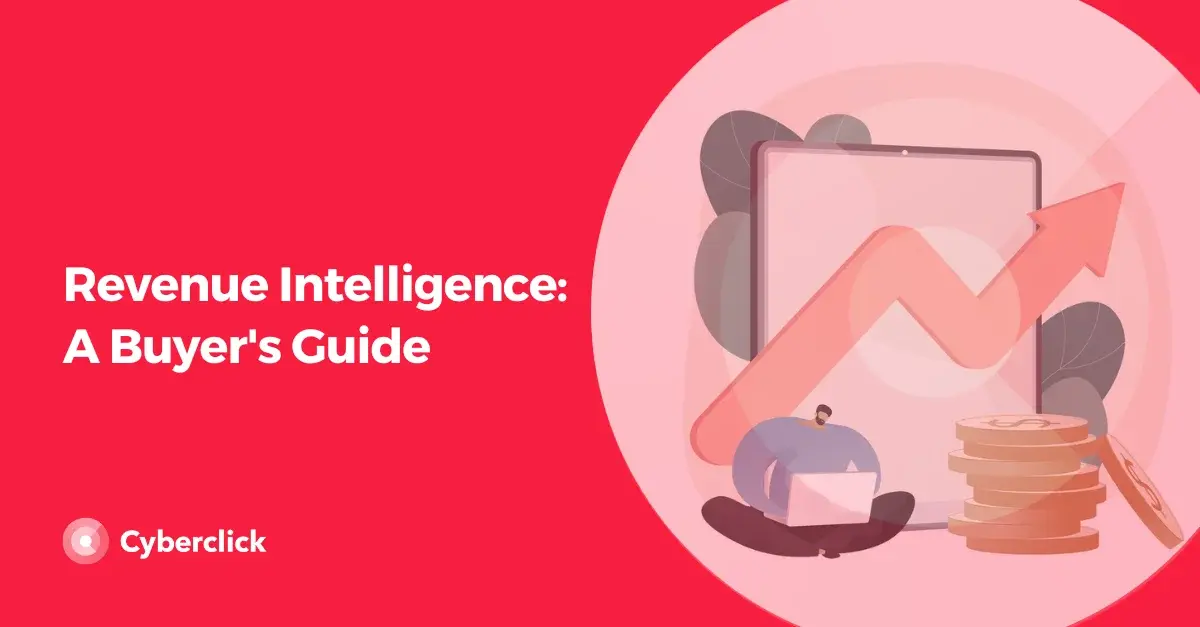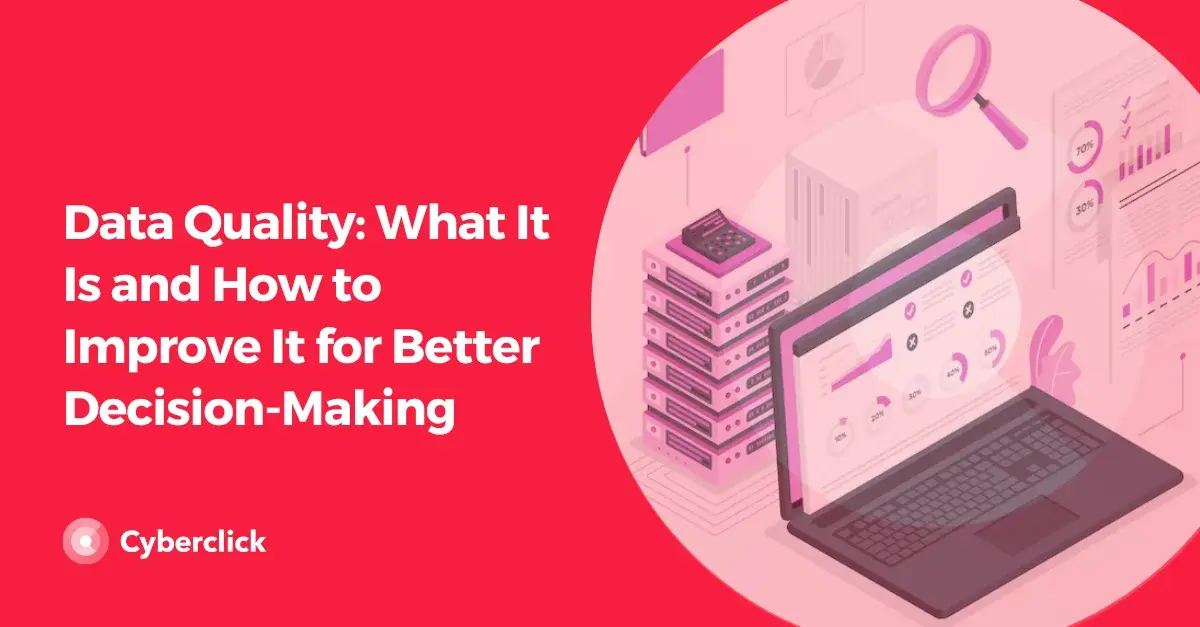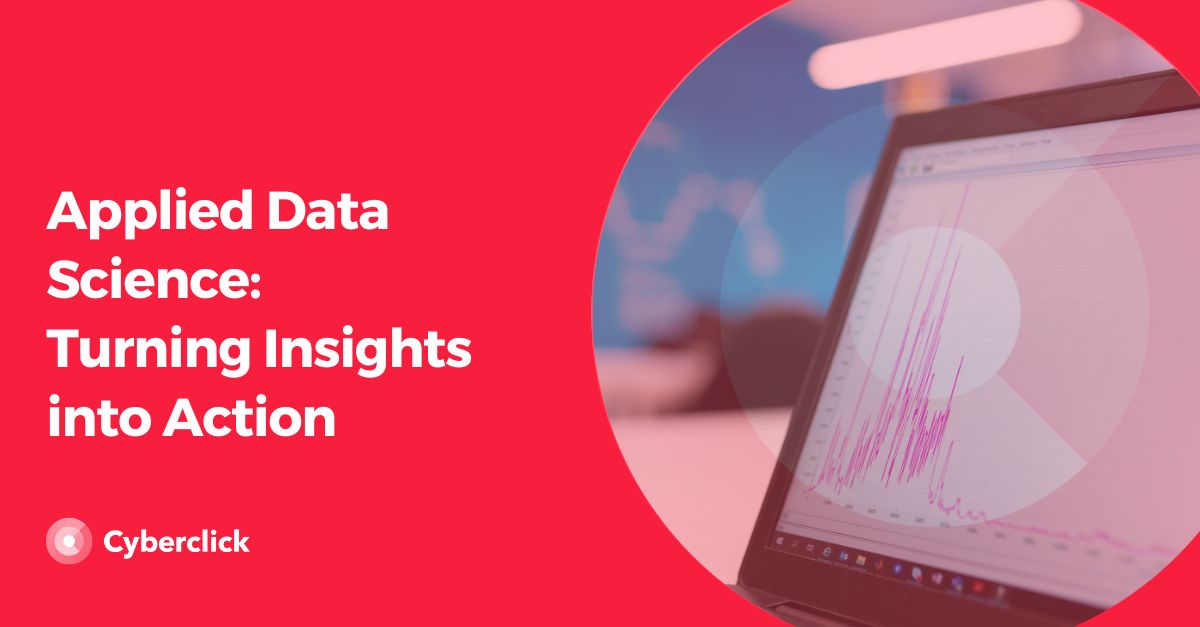As businesses continue to harness the power of data, the landscape of data science and business intelligence (BI) is evolving rapidly. In 2025, organizations will rely more than ever on innovative technologies and methodologies to gain insights, enhance decision-making, and drive strategic growth. Here are the top trends that will shape the future of data science and BI.

1. Edge Computing and Integration with IoT
Edge computing will revolutionize how organizations process data in real time. By bringing computation and data storage closer to the source of data generation—such as IoT devices—companies can significantly reduce latency. This is particularly vital in sectors like healthcare and manufacturing, where timely insights can make a substantial difference. As IoT devices proliferate, the integration of edge computing will become essential for processing large volumes of data efficiently.
2. Explainable AI (XAI)
As businesses increasingly rely on artificial intelligence, the demand for transparency in AI models will grow. Explainable AI (XAI) allows organizations to understand how algorithms arrive at decisions, fostering trust among stakeholders. In 2025, companies that prioritize XAI will be better positioned to navigate regulatory scrutiny and maintain customer confidence in automated systems.
3. Graph Analysis
Graph analysis will emerge as a powerful tool for uncovering complex relationships within data. This type of analysis is crucial for applications in fraud detection, recommendation systems, and social network analysis. By visualizing data as interconnected nodes, businesses can identify patterns that traditional analysis methods might overlook, thus enhancing their ability to make informed decisions.
4. Automation of Data Preparation
Automating the preparation of data will become a game-changer for data scientists in 2025. Automated tools will streamline data cleaning and preprocessing, significantly reducing the time spent on these labor-intensive tasks. This shift will enable data scientists to focus on analysis and deriving actionable insights, ultimately improving productivity and efficiency.
5. Expansion of Generative AI
Generative AI will continue to gain traction in various industries, opening new avenues for creative applications. From synthesizing images to generating human-like texts, advance in generative models will allow businesses to make content creation and product development more efficient. By 2025, organizations leveraging generative AI will have a competitive edge in the creative landscape.
6. Advanced Analytics and Predictive Modeling
Advanced analytics and predictive modeling will remain foundational to the growth of data science in business. By employing sophisticated algorithms and statistical techniques, organizations can forecast trends, assess risks, and make data-driven decisions. The ability to predict customer behavior and market dynamics will empower businesses to stay ahead of the curve.
7. Adoption of Hybrid and Multi-Cloud Solutions
As organizations seek greater flexibility and scalability in data management, the adoption of hybrid and multi-cloud solutions will surge. These approaches let businesses leverage the strengths of various cloud environments while guaranteeing data security and compliance. In 2025, companies that successfully integrate multiple cloud solutions will enhance their operational resilience.
8. Impact of Quantum Computing
While still in its infancy, quantum computing has the potential to transform data science and business intelligence. By 2025, advances in quantum algorithms may lead to breakthroughs in complex data analysis and optimization problems that classical computers struggle to solve. Businesses should stay informed about developments in quantum computing and explore how it can complement their data strategies.
9. Sustainable and Ethical Big Data Practices
Sustainability and ethical considerations will be paramount in data management strategies by 2025. As consumers and stakeholders demand greater accountability, organizations will prioritize sustainable practices, such as reducing energy consumption in data centers and promoting responsible data use. Companies that embrace ethical big data practices will not only comply with regulations but also foster brand loyalty.
10. Data Lakes and "Lakehouse"
The emergence of the "lakehouse" model—combining the benefits of data lakes and warehouses—will facilitate the efficient management of large datasets. By 2025, this paradigm will allow organizations to perform advanced analytics without the complexities traditionally associated with data processing. The lakehouse approach will empower data professionals to access and analyze data more easily.
11. Real-Time Data Processing
Real-time data processing will become increasingly critical across industries. Companies will adopt analytics tools that provide instant insights, allowing for quick decision-making. This trend will be particularly impactful in sectors like retail, finance, and healthcare, where timely data can significantly influence operational effectiveness and customer satisfaction.
The trends shaping data science and business intelligence in 2025 reflect a growing emphasis on transparency, efficiency, and ethical practices. As organizations continue to navigate how to best manage and use data, these trends will be essential for driving innovation and maintaining a competitive edge. By investing in cutting-edge technologies and methodologies, businesses can transform their data into actionable insights and strategic opportunities.
Data Scientist en Cyberclick. PhD en Astrofísica por la Universitat de Barcelona con más de diez años de experiencia en investigación mediante el análisis e interpretación de datos. En 2019 redirige su carrera profesional hacia el mundo del Data Science cursando el Postgrado en Data Science y Big Data de la UB, así como participando en el programa Science To Data Science (S2DS) en Londres. Actualmente forma parte del equipo de Data Science y SEM de Cyberclick.
Data Scientist at Cyberclick. PhD in Astrophysics from the University of Barcelona with more than ten years of research experience through data analysis and interpretation. In 2019 he redirected his professional career to the world of Data Science by graduating in Data Science and Big Data from the UB, as well as participating in the Science To Data Science (S2DS) program in London. He is currently part of Cyberclick's Data Science and SEM team.






Leave your comment and join the conversation